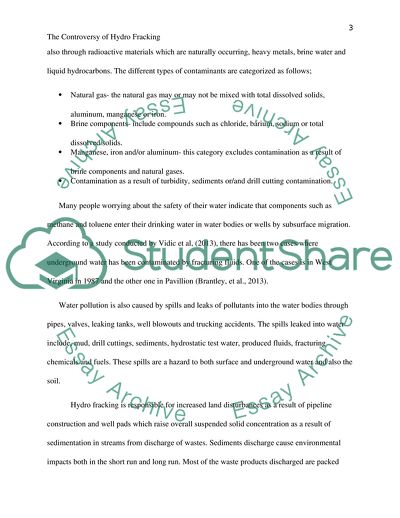Cite this document
(The Controversy of Hydro Fracking Case Study Example | Topics and Well Written Essays - 2000 words, n.d.)
The Controversy of Hydro Fracking Case Study Example | Topics and Well Written Essays - 2000 words. https://studentshare.org/physics/1847337-hydro-fracking
The Controversy of Hydro Fracking Case Study Example | Topics and Well Written Essays - 2000 words. https://studentshare.org/physics/1847337-hydro-fracking
(The Controversy of Hydro Fracking Case Study Example | Topics and Well Written Essays - 2000 Words)
The Controversy of Hydro Fracking Case Study Example | Topics and Well Written Essays - 2000 Words. https://studentshare.org/physics/1847337-hydro-fracking.
The Controversy of Hydro Fracking Case Study Example | Topics and Well Written Essays - 2000 Words. https://studentshare.org/physics/1847337-hydro-fracking.
“The Controversy of Hydro Fracking Case Study Example | Topics and Well Written Essays - 2000 Words”. https://studentshare.org/physics/1847337-hydro-fracking.


